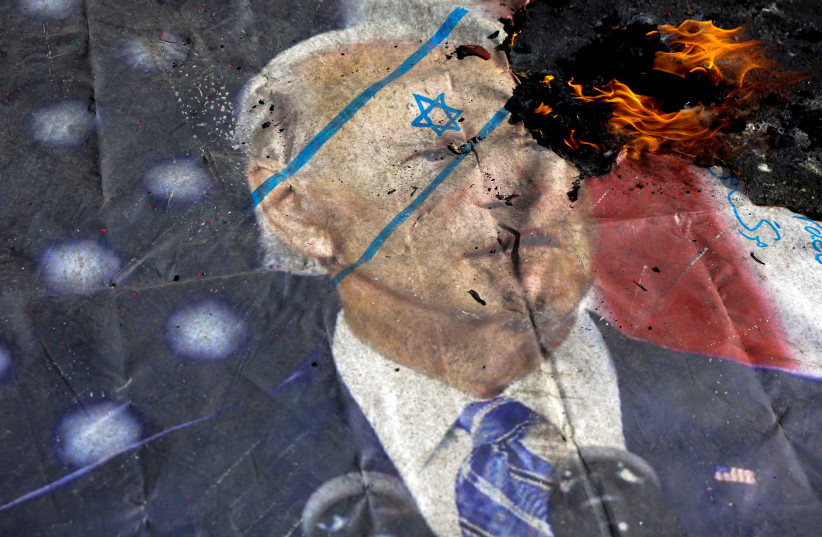Russia sees "no reasonable alternative" to the revival of the Joint Comprehensive Plan of Action (JCPOA) between Iran and world powers, Russian deputy foreign minister Sergey Vershinin said in an interview given Thursday to state-owned Rossiya Segodnya.
"Any other option will only lead to an escalation with grave and possibly irreversible consequences for international security and global markets," Vershinin added. "The United Nations should be aware of this."
Efforts to revive the nuclear deal, which was the topic of intense negotiations between major powers and the Islamic Republic throughout the past 12 months, stalled as Iranians keep up anti-government protests despite a deadly crackdown by state authorities and the IRGC.
US President Joe Biden, who attempted to revive the deal that was called off by predecessor Donald Trump, moved away from such efforts after the White House said in October that it is "setting diplomacy aside" due to Iran's supply of kamikaze drones to Russia, which were found to be in use during the war on Ukraine.
Russian official: West hysterical over drones because of nuke deal
Furthermore, the West's "hysterics" over the supply of Iranian drones to Russia are "evidence of [the US and Europe's] painful thought process...over the future of the JCPOA," the deputy foreign minister claimed.
"In fact, this is only a smokescreen created in the West to camouflage their inability to ensure the full-fledged implementation of the JCPOA and resume their obligations under the nuclear deal."

Earlier in November, foreign ministers from the Group of Seven (G7) sent out a joint statement reaffirming that Iran "must never develop a nuclear weapon."
Following a meeting in Germany, the G7 further said that "despite many months of intense negotiations on a return to the JCPOA, Iran has not made the necessary decisions" to lead to a successful revival of the nuclear deal.
Despite western reluctance to resume negotiations in Vienna, the Russian ambassador to international organizations in the Austrian capital expressed optimism about a JCPOA resurrection during the International Atomic Energy Association's (IAEA) Board of Governors session.
Russian amb. to Vienna confident of 'chances to restore' JCPOA
"There are still chances to restore JCPOA," Mikhail Ulyanov was quoted as saying by the official Twitter account of Russia's mission to Vienna. "We want to avoid ruining them with our own hands and thus burying months-long efforts, letting the process spiral into the uncontrolled escalation with unpredictable consequences."
During the UN atomic watchdog annual meeting, the 35-nation Board of Governors passed a resolution ordering Iran to cooperate urgently with the agency's investigation into uranium traces found at three undeclared sites.
It is not the first resolution the board has passed against Iran on the issue, with a previous resolution adopted in June, but the latest's wording was stronger and hinted at a future diplomatic escalation.
